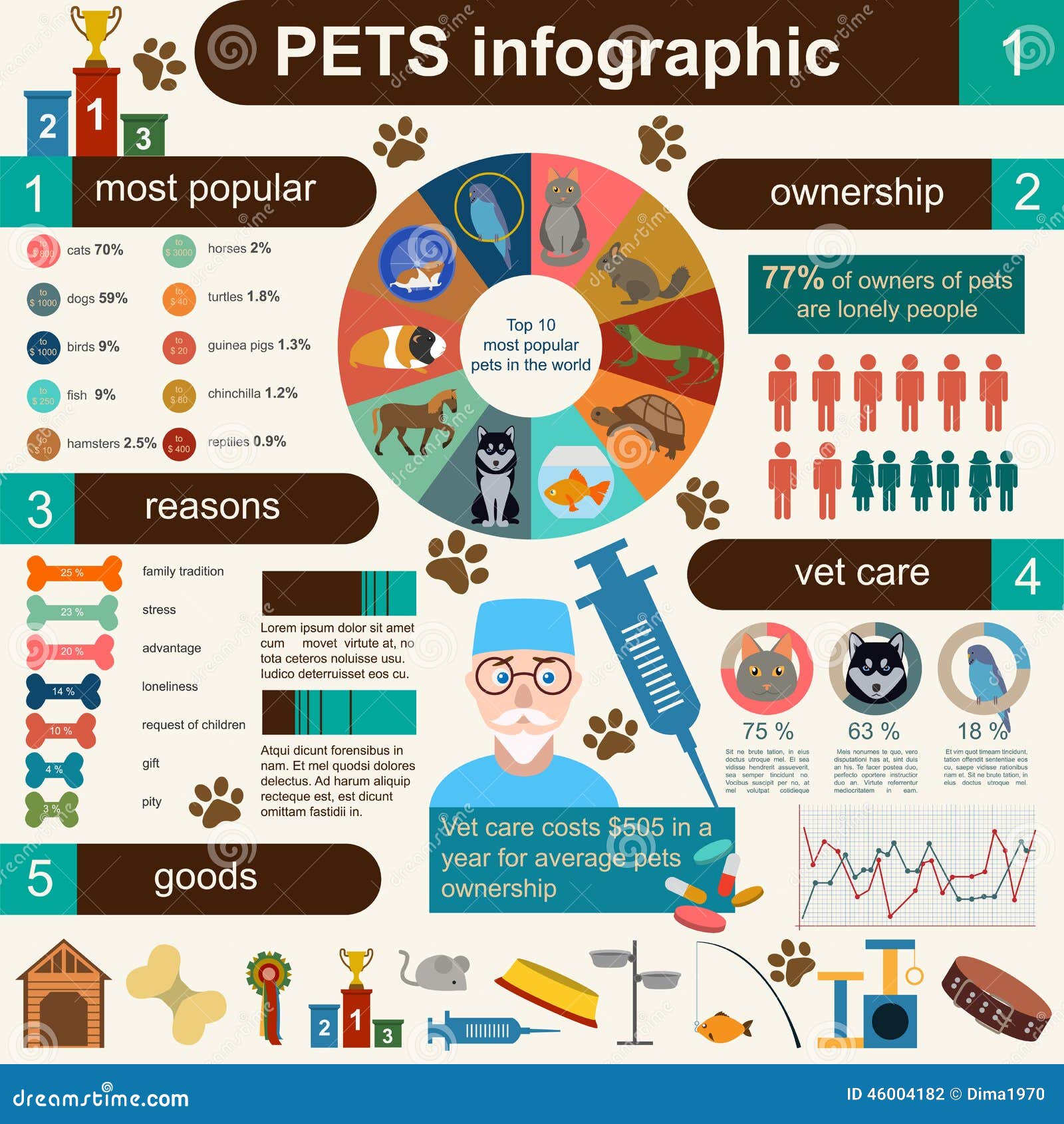Dog Daycare Safety Standards
Dog Daycare Safety Standards
Blog Article
Can Dog Day Care Reason Health Problem?
Pet childcare is a great way to socialize your pet in a secure and regulated setting. Similar to youngsters, pet dogs at day care can catch a range of bacteria.
A few of these consist of: Pooch distemper - an airborne infection that attacks the breathing and stomach systems with signs consisting of vomiting and bloody diarrhea. This is extremely transmittable and can be fatal. Prevention includes a reliable vaccination, and respectable centers generally need this inoculation.
Canine Distemper
Much like children that go to institution, pet dogs at a dog park or day care can get various transmittable diseases. These can include kennel cough, manage, ringworm, canine flu, distemper, rabies, and parvovirus (parvo).
While there are several diseases that cause coughing, high temperature, anorexia nervosa or seizures, the mix of these symptoms with the progression to a nervous system illness is special to distemper. This can cause death, particularly in pups and unvaccinated grown-up pets.
Distemper is spread out largely by direct contact between dogs, however can likewise be sent via respiratory system secretions or by contact with common food bowls, products, equipment and surfaces. The virus is dropped in physical secretions, and infected hands, feet, noses and mouths. Puppies and strays are most vulnerable to infection.
Dog Flu
A really transmittable viral disease that affects canines (and in unusual situations, felines). It is spread out by respiratory system secretions and infected objects, such as leashes, toys, food bowls and collars. It can also be transferred from human hands to the mouth and nose of infected dogs.
Symptoms include coughing, sneezing, runny nose and eyes, fever and loss of appetite. Serious cases can result in pneumonia.
Since this is a fairly new illness, many canines have no natural immunity against it and will become infected when first subjected. Vaccines are offered. Trusted day cares and boarding facilities will certainly call for all pet dogs to be approximately day on their flu, bordetella and parainfluenza injections. If your pet dog is experiencing signs of kennel cough, it's best to maintain them home from childcare up until they are free from the health problem.
Dog Cough
Canine infectious tracheobronchitis, more commonly known as kennel cough, is a multifactorial disease caused by a variety of infections and microorganisms. Commonly, influenced pets create a completely dry hacking cough that is made worse by exercise or excitement and can last for weeks. More extreme instances can bring about bronchopneumonia and call for hostile therapy including hospitalization for IV-provided antibiotics, oxygen treatment and liquids.
The most common cause of kennel coughing is the bordetella microorganism, however infections can also be brought on by herpesvirus, parvovirus and adenovirus. It is transferred with beads launched when infected dogs sneeze or cough, dog-to-dog call and sharing things such as food and water bowls or playthings. Inoculation for check out the post right here this illness is available and is recommended for pets who hang out in boarding facilities, brushing stores, doggy daycare and training classes along with those taking part in canine sports or team pet dog walks.
Canine Parvovirus
Canine parvovirus (CPV) is the most unsafe disease that influences unvaccinated pet dogs. The virus attacks the stomach system, leading to throwing up and serious diarrhea. It likewise infects the bone marrow, leading to a decrease in protective white blood cells. The damaged immune system permits the infection to spread out rapidly. It is especially lethal for puppies and dogs of young age, however it can likewise attack adult dogs and various other canids like coyotes and foxes.
This highly transmittable disease is spread out through straight contact with a contaminated dog, the infected atmosphere such as kennels and food bowls, and even the hands and garments of people taking care of the pet dog. Vaccination for this ailment works, and reliable childcare and boarding facilities will certainly require it. The kennel coughing vaccine is often advised together with the parvovirus vaccine.
Canine Bloodsuckers
Parasites might be internal (worms) or exterior (fleas, ticks). Digestive tract bloodsuckers can trigger a variety of issues, yet they are particularly severe in young puppies. As an example, hookworms connect to the intestinal tract wall and suck blood, causing anemia in young puppies. Puppies might be infected with these bloodsuckers by eating feces-contaminated dirt or through the mommy's milk during nursing. Young puppies might likewise become infected with whipworms, which are single-celled bloodsuckers that connect to the intestinal tract and decrease nutrient absorption, creating chronic watery looseness of the bowels.
Canines can additionally be infected with tapeworms, heartworms, roundworms and giardia. If you see worms in your canine's feces, a see to your veterinarian is suggested for medical diagnosis and therapy. Parasite infections are avoidable with month-to-month spot-on treatments and routine cleansing of food, water and feces bowls.